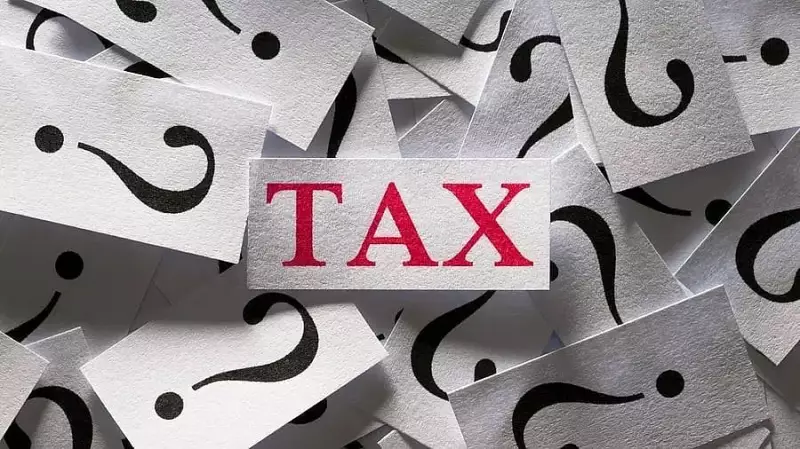
Share buybacks have become an increasingly popular corporate strategy in India, but navigating the tax implications can be challenging for both companies and investors. Understanding the current tax regime is crucial for making informed financial decisions.
What Exactly is a Share Buyback?
A share buyback occurs when a company decides to repurchase its own outstanding shares from existing shareholders. This corporate action typically serves multiple purposes: returning excess cash to shareholders, boosting earnings per share, supporting share prices during market downturns, or preventing hostile takeovers.
The Evolution of Buyback Taxation in India
The Indian government significantly altered the buyback tax landscape in 2019. Before this pivotal change, companies were exempt from paying tax on buybacks, while shareholders faced capital gains tax on any profits earned. The current regime has flipped this arrangement completely.
Current Tax Structure: Who Pays What?
Under the present system, companies are now liable to pay a 20% tax (plus applicable surcharge and cess) on the difference between the buyback price and the issue price of shares. This tax is calculated on the distributed income, making the company responsible for the tax burden.
For investors, the scenario has become much more favorable. Shareholders participating in buybacks now receive their proceeds completely tax-free. This exemption applies regardless of the holding period or the amount of gain realized.
Strategic Implications for Companies
The tax shift has forced companies to reconsider their capital return strategies. While buybacks remain attractive for specific situations, the tax burden means companies must carefully evaluate whether dividends might be more tax-efficient in certain circumstances.
Investor Considerations
For retail and institutional investors, the current regime offers clear advantages. The tax-free nature of buyback proceeds makes participating in buybacks particularly attractive, especially when companies offer premiums over current market prices.
Key Benefits of the Current System
- Tax certainty: Clear tax treatment for all parties involved
- Investor-friendly: Tax-free returns for shareholders
- Revenue generation: Ensures tax collection for the government
- Strategic flexibility: Companies can still use buybacks as a financial tool
Looking Ahead: Future Trends
As Indian markets mature and companies accumulate larger cash reserves, buybacks are likely to remain an important part of corporate financial strategy. Both companies and investors should stay informed about potential regulatory changes while taking advantage of the current beneficial structure for shareholders.
Understanding these tax implications is essential for making smart investment decisions and optimizing returns in the dynamic Indian stock market landscape.






